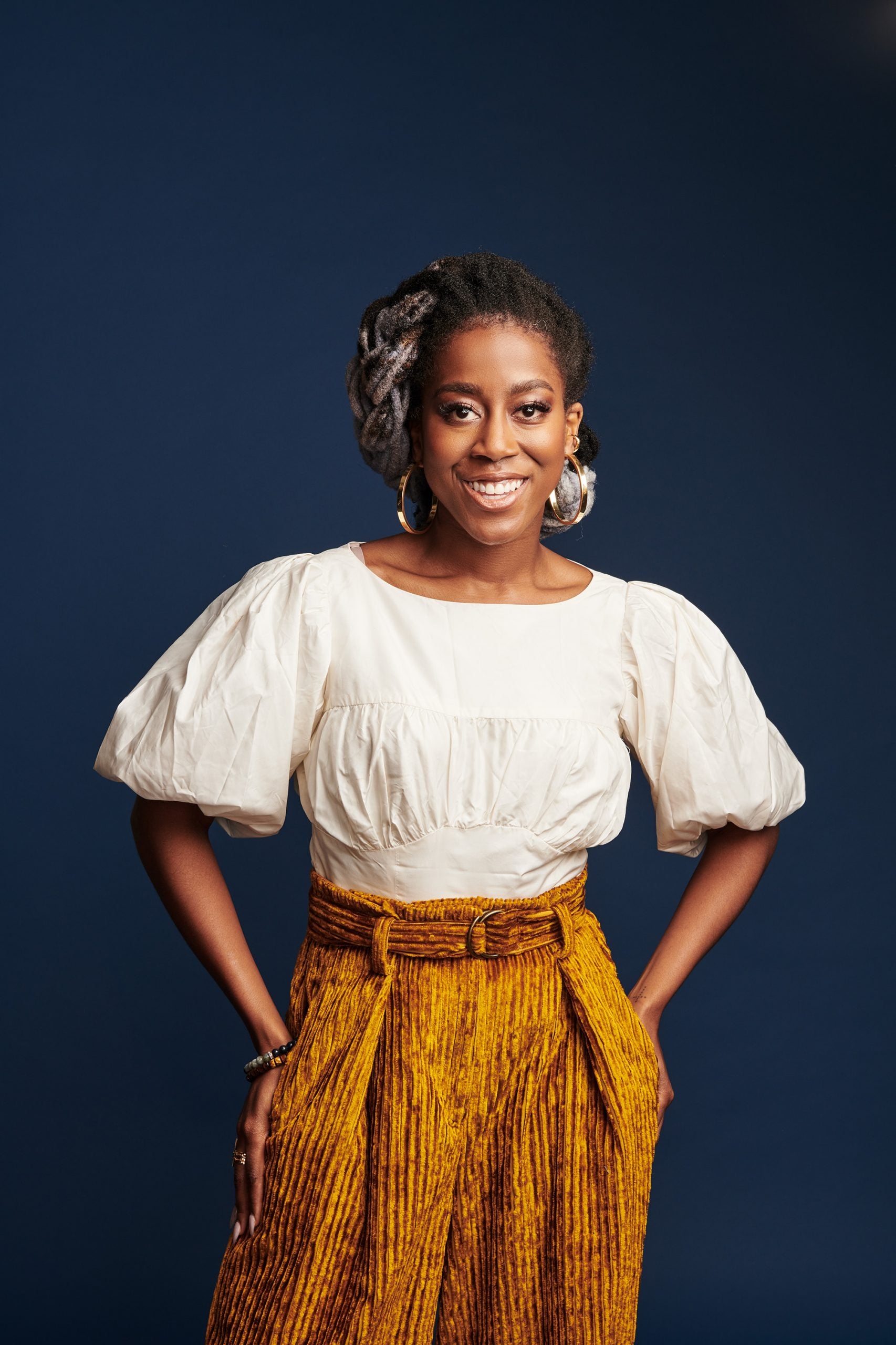
At the age of 24, and just a year out of college, Nigerian-American author Tomi Adeyemi made history by reportedly scoring an astounding seven-figure book deal for her Children of Blood and Bone trilogy. The Harvard University graduate and creative writing coach also sold the film rights to Fox 2000, with another Nigerian-American creative, This is Us writer Kay Oyegun, signing on to write the script.
Now on the second installment of the series, Children of Virtue and Vengeance, this thrilling story has captivated millions of readers worldwide and is poised to become an even bigger international hit.
Young adult fantasy — like the Harry Potter, Hunger Games, and Twilight series— is an enticing, captivating genre. But it’s one that’s been sorely lacking in Black characters, or any characters of color for that matter.
Set in a world heavily imbued with West African culture and spirituality, Children of Blood and Bone is one of many responses to these decades of erasure.
The series’ protagonist — the fierce, dark-skinned, white-haired Zélie Adebola — is catapulted on an epic quest to restore magic to her homeland of Orïsha, avenge her mother’s death, and free her people from a bloodthirsty and bigoted monarchy. Along with her brother Tzain and the renegade Princess Amari, Zélie races to protect her people — all while dealing with complications that romance, friendship, family bonds, and clan responsibilities bring her way.
It’s a beautiful series, filled with as much love as it is filled with despair. But as the readers cry for the violence inflicted on Zélie and the other oppressed people of Orïsha, Adeyemi wants them to feel for victims of police brutality like Tamir Rice, Sandra Bland, Freddie Gray… too many names to count. Adeyemi says there are also scenes in the book that mirror the Birmingham Riots, or the way that Black entertainers and athletes are exploited.
These are comparisons Adeyemi says are most often immediately apparent to Black readers. “Black people know what it’s about. They know,” she tells ESSENCE “A lot of times when I talk to my black readers, they’ll say ‘I had to put it down here, because I thought about Trayvon Martin,’ or something.”
Adeyemi says that she thinks Black readers “see their pain reflected… maybe it makes them feel less alone.”
But for white readers, it’s usually different. “I call it cake with asparagus,” she says. “The cake is the fun part. It’s all the magic. It’s all the battles. It’s all the action. It’s all the adventure. The asparagus is the fact that all of that action is tied to obstacles that Black people have faced or are facing today.”
As a genre, fantasy has the ability to transport us into drastically different worlds, which can bring intense excitement, but also intense empathy. “The empathy [readers] feel for Tzain, Zulaikha, Zélie, or Salim… I don’t want that to stay with these fictional characters. I want it to go into the real world because that’s where we actually need it,” Adeyemi says.
Adeyemi knows the power of what she and other Black artists are creating when they write with this purpose in mind, especially in traditionally white-dominated fields like publishing and film. “People are actively working to disrupt these spaces, to create this art, and to push it into the mainstream,” she tells ESSENCE.
Adeyemi is a creator living in a powerful time in Black history. “I feel like we are in a revolution of Blackness, and specifically artistic Blackness,” she muses. “We’re having a birth of stories from the Black perspective across all mediums, and things like Beychella and Rihanna’s [fashion and makeup] creations… activists and movements.”
But, Adeyemi stresses, Black artistic genius has always been here and has never waned. She says the crucial difference is how that artistic genius is being received and the monumental success it’s enjoying, saying “‘Black Panther’, ‘Girls Trip’, Children of Blood and Bone, The Hate You Give…. have [all] been highly successful.”
However, she says, “The work isn’t done, because for every monumental success, there’s still a lot of horrible things that we’re not seeing within that success. And there’s still a lot of people being shut out from that success, or pushed out.”
Adeyemi has reached an unprecedented level of success, at a very young age, and in very little time. The sky’s the limit for Adeyemi and this magical world she’s created, a world which we’ll all soon get to see come alive in theaters.
Adeyemi has high hopes for the films, imagining magical warrior Zélie Adebola joining the ranks of classic film characters like Luke Skywalker or Indiana Jones. “I’m like ready and not ready. I’m ready in my heart,” she laughs. “I don’t think I’m ready in my mind, because logistically it’s like, ‘Life is already so insane.’”
“But I’m less worried about that, because I’m more excited for this to exist,” Adeyemi tells ESSENCE. “I just can’t wait to be on set, you know? I can’t wait to see hundreds of people creating something that was in my head.”
This interview took place shortly after the tragic death of Kobe Bryant and his daughter Gianna. When asked how she wants history to remember her work, Adeyemi reflects briefly on the basketball star’s legacy, saying “I always think about mortality. It’s sort of hardwired into me…[it’s] the reason I do things.”
“Should I be lucky enough to get to lay on my deathbed as an old lady and reminisce on my life, I want to measure the value of my life by how many people became authors because they saw me or heard me talk or read my books,” she tells ESSENCE. “I want to move the needle. I want to be remembered as someone who moved the needle.”




